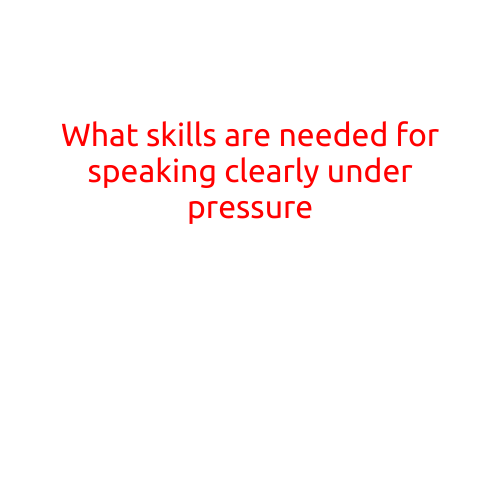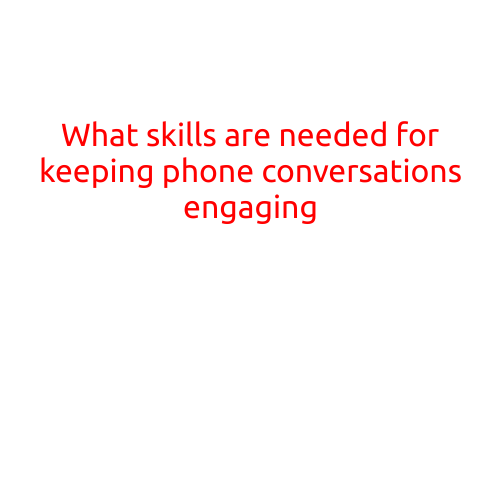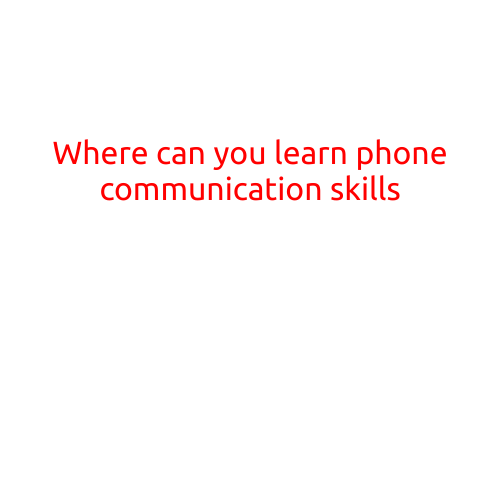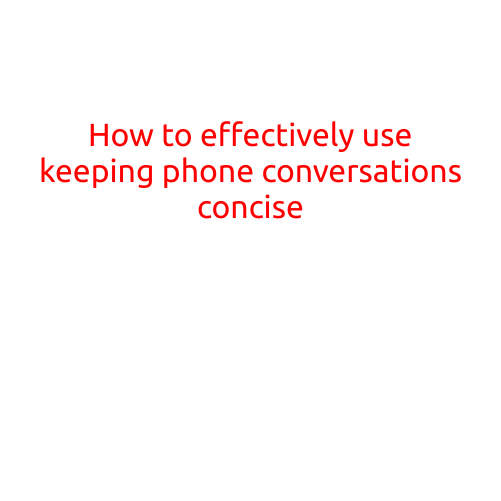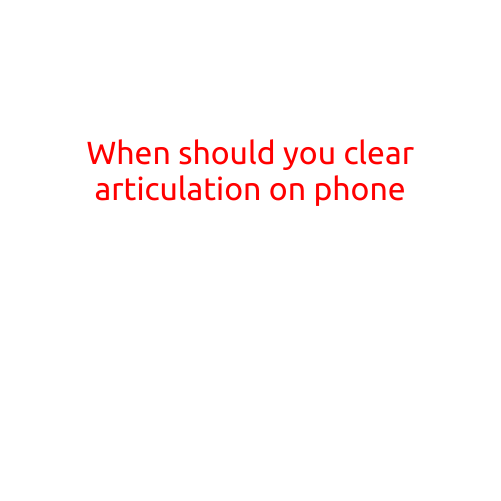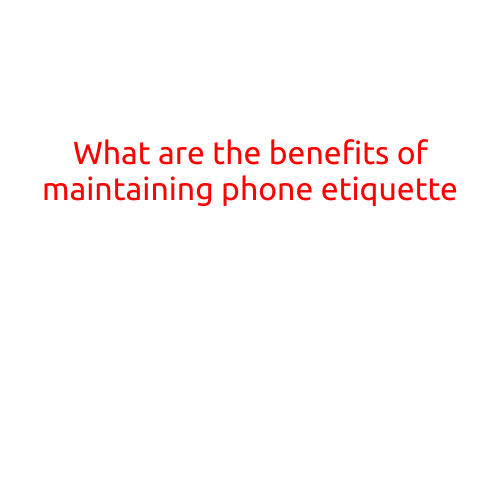
What are the Benefits of Maintaining Phone Etiquette?
In today’s digital age, phone etiquette has become more important than ever. With the majority of our communication happening over the phone, it’s crucial to develop good phone etiquette to ensure that we present ourselves professionally and build strong relationships. Good phone etiquette is not only about following basic rules, but it’s also about being considerate of others, respectful, and empathetic.
In this article, we’ll explore the benefits of maintaining phone etiquette and provide practical tips on how to improve your phone skills.
Professional Benefits
Maintaining good phone etiquette can have a significant impact on your professional life. Here are some benefits to consider:
- Builds Trust: When you respond promptly and professionally to phone calls, you build trust with your clients, customers, or colleagues. This trust is essential for establishing a strong working relationship.
- Improves Communication: Good phone etiquette helps to avoid misunderstandings and miscommunications, which can often lead to conflicts or mistakes.
- Enhances Professional Image: Responding to phone calls in a timely and professional manner reflects positively on your organization and enhances your professional image.
- Increases Productivity: By being more organized and responsive, you can manage your time more effectively and increase your productivity.
Social Benefits
Good phone etiquette also has social benefits that can improve your personal relationships and interactions:
- Shows Respect: Responding to phone calls promptly and politely shows respect for the other person’s time and importance.
- Builds Relationships: Good phone etiquette helps to build strong relationships by showing that you value and care about the other person’s thoughts and opinions.
- Reduces Conflicts: By being more considerate and empathetic on the phone, you can reduce the likelihood of conflicts and misunderstandings.
- Shows Appreciation: When you respond promptly and professionally to phone calls, it shows that you appreciate and value the other person’s time and efforts.
Practical Tips for Improving Phone Etiquette
Here are some practical tips to help you improve your phone etiquette:
- Answer the Phone: Always answer the phone promptly and politely. Use a friendly greeting, such as “Hello, thank you for calling [Your Name]. How can I assist you today?”
- Use Music or Hold: If you’re on a wait, use music or place the caller on hold. This shows that you’re still attending to their call even if you’re temporarily unavailable.
- Listen Carefully: Pay attention to what the caller is saying and show that you’re engaged in the conversation.
- Be Patient: Be patient and composed, even if the caller is being rude or frustrating.
- Take Notes: Take notes during the call to ensure that you remember important details and follow up on commitments.
- Call Back: If you need to put the caller on hold, call them back as soon as possible to avoid leaving them hanging.
Conclusion
Maintaining good phone etiquette is essential for both professional and personal relationships. By following these practical tips and understanding the benefits of good phone etiquette, you can improve your communication skills, build trust, and enhance your professional image. Remember, good phone etiquette is about being considerate, respectful, and empathetic – traits that are essential for success in both personal and professional life.
